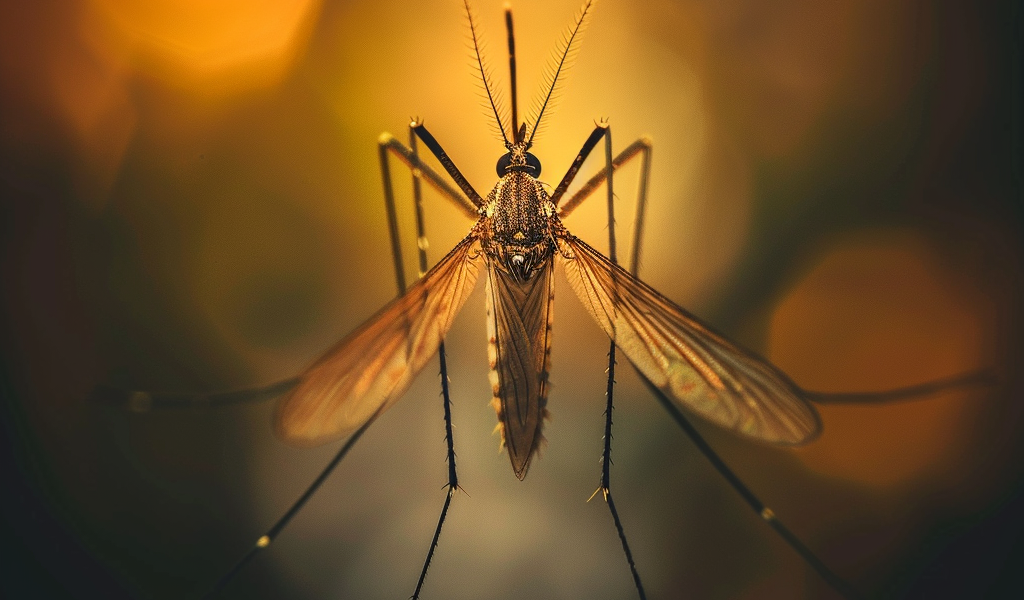Argentina is facing a rising risk of a dengue epidemic as mosquitoes are hatching earlier and reaching cooler regions than before, according to scientists. The country is experiencing its worst outbreak of dengue fever due to rising temperatures, which are driving the spread of the insect-borne virus.
During the 2023/24 season, Argentina has reported 232,996 cases of dengue fever, surpassing the previous all-time high of 130,000 recorded last season. This represents a significant increase, with the number of cases five times higher than at the same point a year ago, as indicated by the latest official data. Normally, dengue cases peak in late summer around March-April, but this season, the spike began much earlier.
Dr. Sylvia Fischer, a researcher at the National Council for Scientific and Technical Research (CONICET), noted that the increase in the number of mosquitoes is occurring earlier at the end of spring. Moreover, scientists are observing the disease in cooler regions further south in Argentina, where it was not previously found. This trend reflects a broader regional pattern, with the mosquito season being extended by warmer weather, partly attributed to climate change.
The outbreak has strained hospitals in Argentina and caused shortages of insect repellent, leading to price hikes when supplies are available. The government has taken steps to facilitate imports of mosquito spray to meet the demand. Infectious disease doctor Leda Guzzi stated that while most cases were not severe, the high number of cases could result in a more deadly outbreak next year as people get re-infected.
The situation has raised concerns about the potential for dengue epidemics to occur more frequently. Dr. Fischer expressed the possibility of having dengue epidemics annually if the current trend continues. The severity of the outbreak this year has led to a significant number of patients being hospitalized for dengue, indicating the urgent need for measures to address the situation and prepare for potential future outbreaks.





